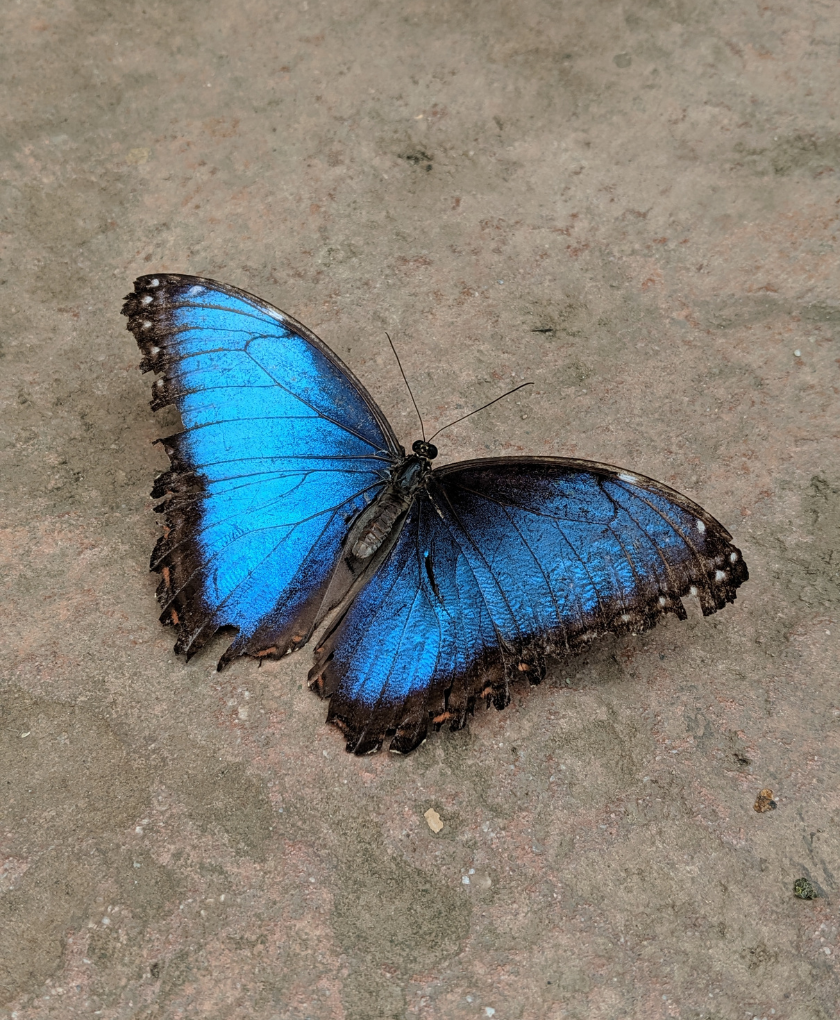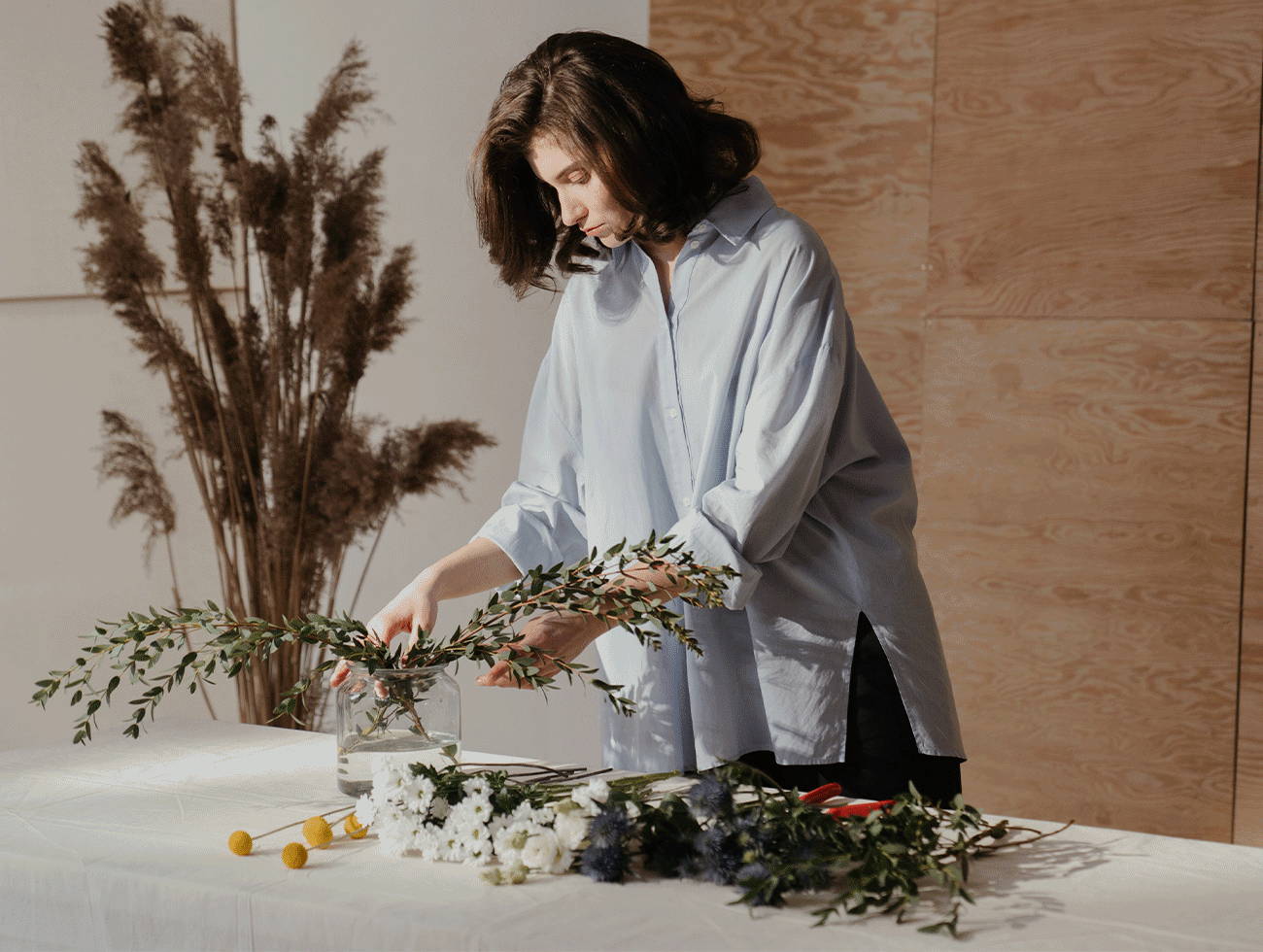
#editorial
Are flower shops sustainable?
31 august '22
5 minutes
Words by Rebekah Smith
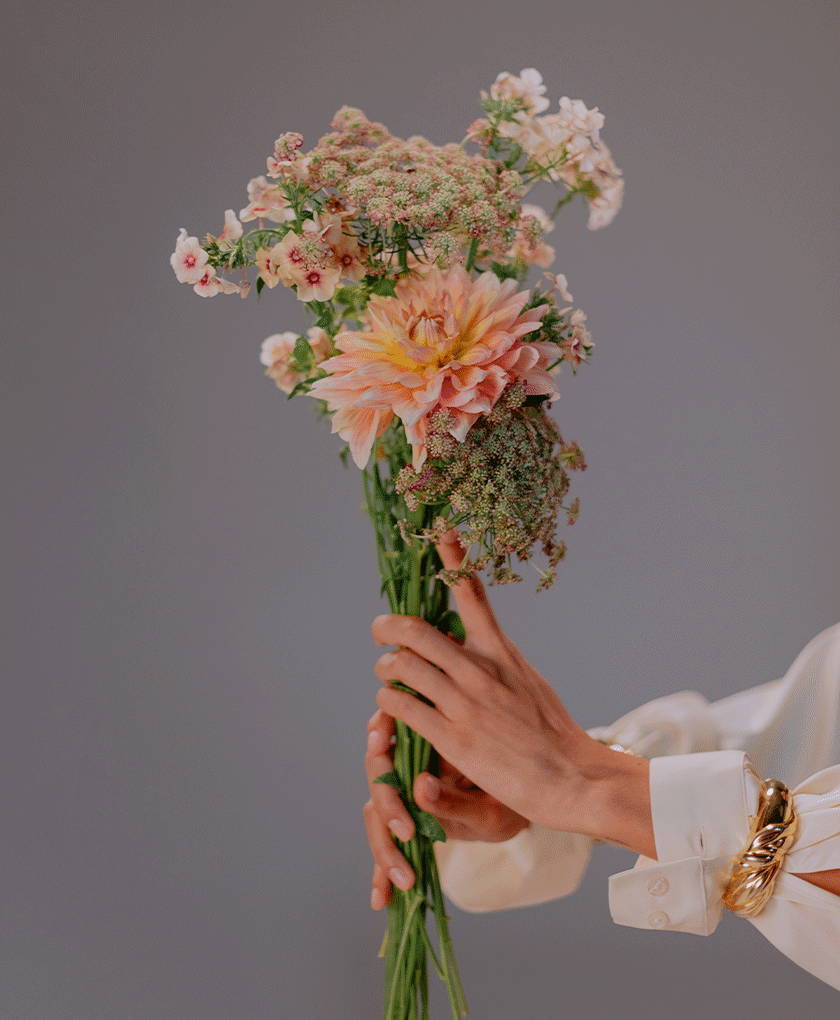
Picture by Cottonbro
Most people find themselves in need of a florist at some point in their lives. Whether you are attending a relative’s dance recital, planning a wedding, or simply want to treat yourself or your significant other to a sweet surprise, you will probably order a floral arrangement from an online or local flower shop.
Florists are a necessary element to the agriculture industry across the world. Why? It’s simple: people love nature, specifically plants and flowers. Better yet, people want to be able to trust that they are getting quality, long-lasting flowers from their local stores.
Although these flowers often have a longer shelf-life, are they actually good for the environment? Flowers are born from nature, so we often assume that florists are using ingredients that are not harmful to nature itself.
Unfortunately, that isn’t always the case – especially over the last few decades.
Why floristry?
The floral industry is part of a larger agricultural endeavor that helps meet people’s floral needs through mass production. The cultivation of flowers, called floriculture, concerns farming flowers and ornamental plants for the floral industry. Floriculturists and florists aim to provide people with a range of crops, including bedding and garden plants, potted flowering plants, foliage plants, cut flowers and other materials. Over the years, floriculturists have had to find ways to plant, grow and maintain enough flowers to be sold and shared across the globe. The result? Floral crops overwhelmed with pesticides and harsh chemicals, and presentations which are not biodegradable or eco-friendly.
The job of a florist is primarily concerned with the arrangement of flowers. Since florists are on the receiving end of the process, they may have little control over the growing process of the plants they purchase. However, many florists today are making decisions to return to the natural route, which helps sustain nature and its elements.
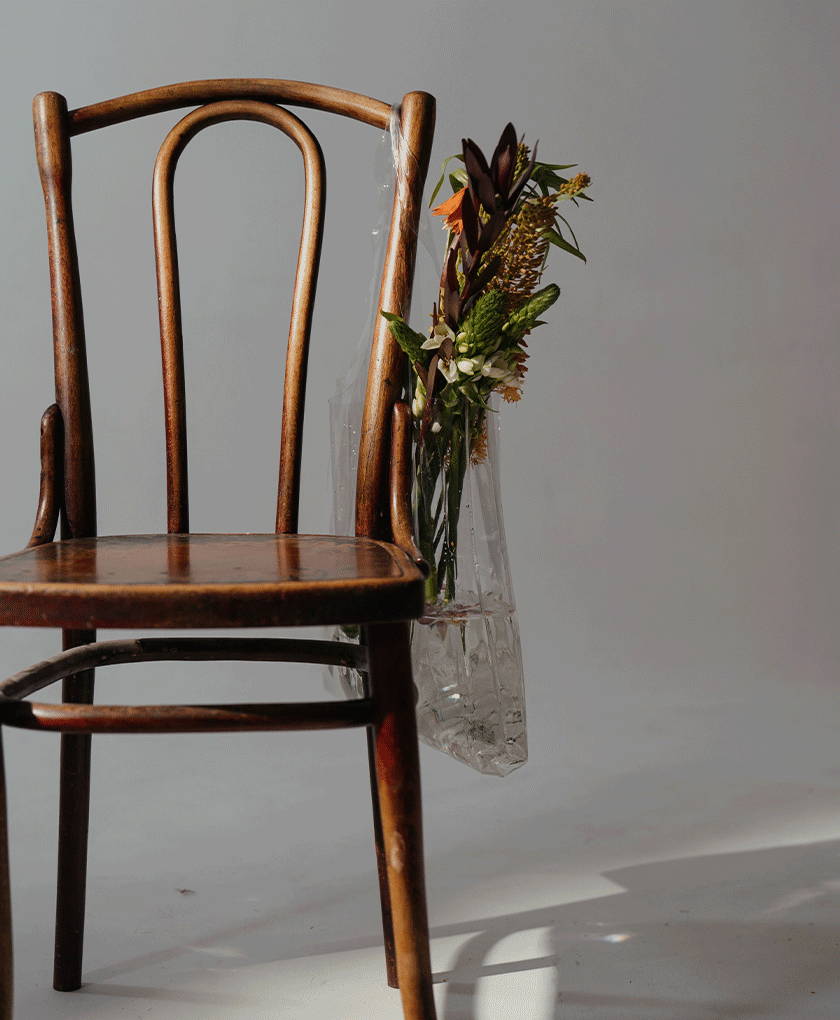
Picture by Cottonbro
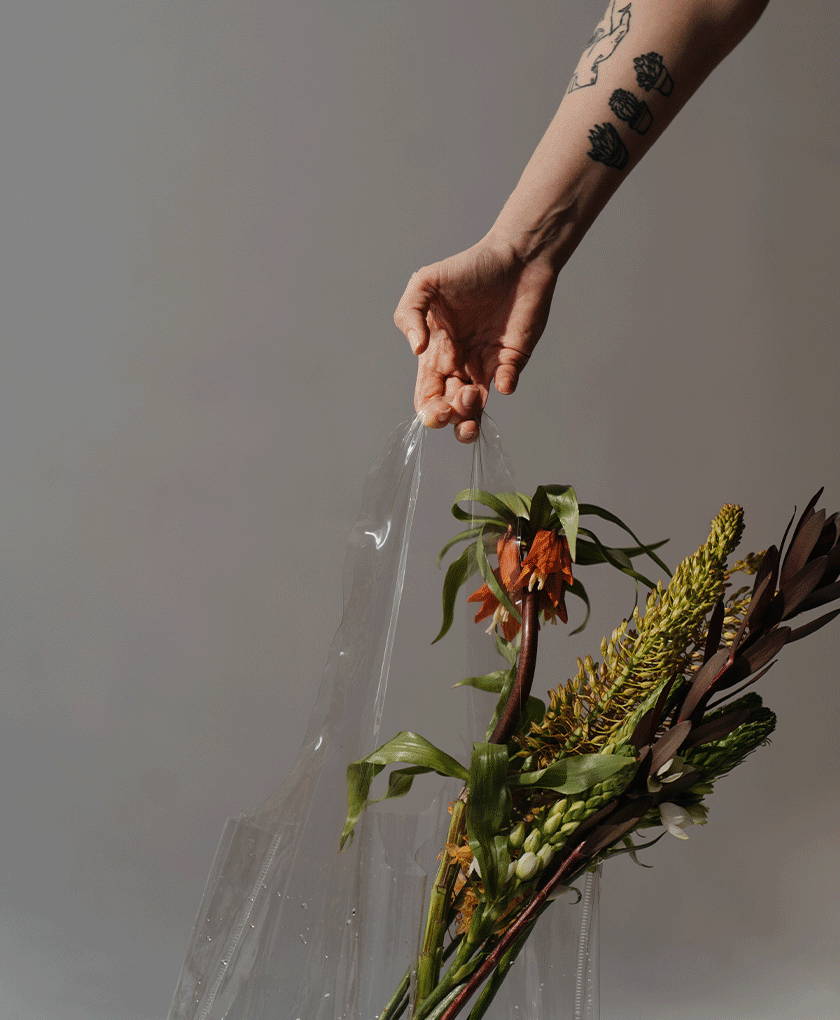
Picture by Cottonbro
For the sake of convenience and cost, many floriculturists and florists have adopted methods that are not eco-friendly. For example, commonly used floral foam blocks help shape and hydrate arrangements, but they are filled with non-biodegradable agents like toxins, resins, formaldehyde and more.
Today, many florists are trying to get back to basics, starting with where they shop and how they present their creations. Flower shops are bringing in more locally-sourced plants and flowers, which are typically organic and free of harmful chemicals. Moreover, florists are utilizing new biodegradable, plastic-free floral foam blocks, made of natural elements like basalt and eco-friendly binding agents.
So, how can you shop for flowers in a sustainable way? You may consider organic, fair-trade, local, or even silk (faux) flowers. Let’s take a quick look at the positives and negatives of each type.
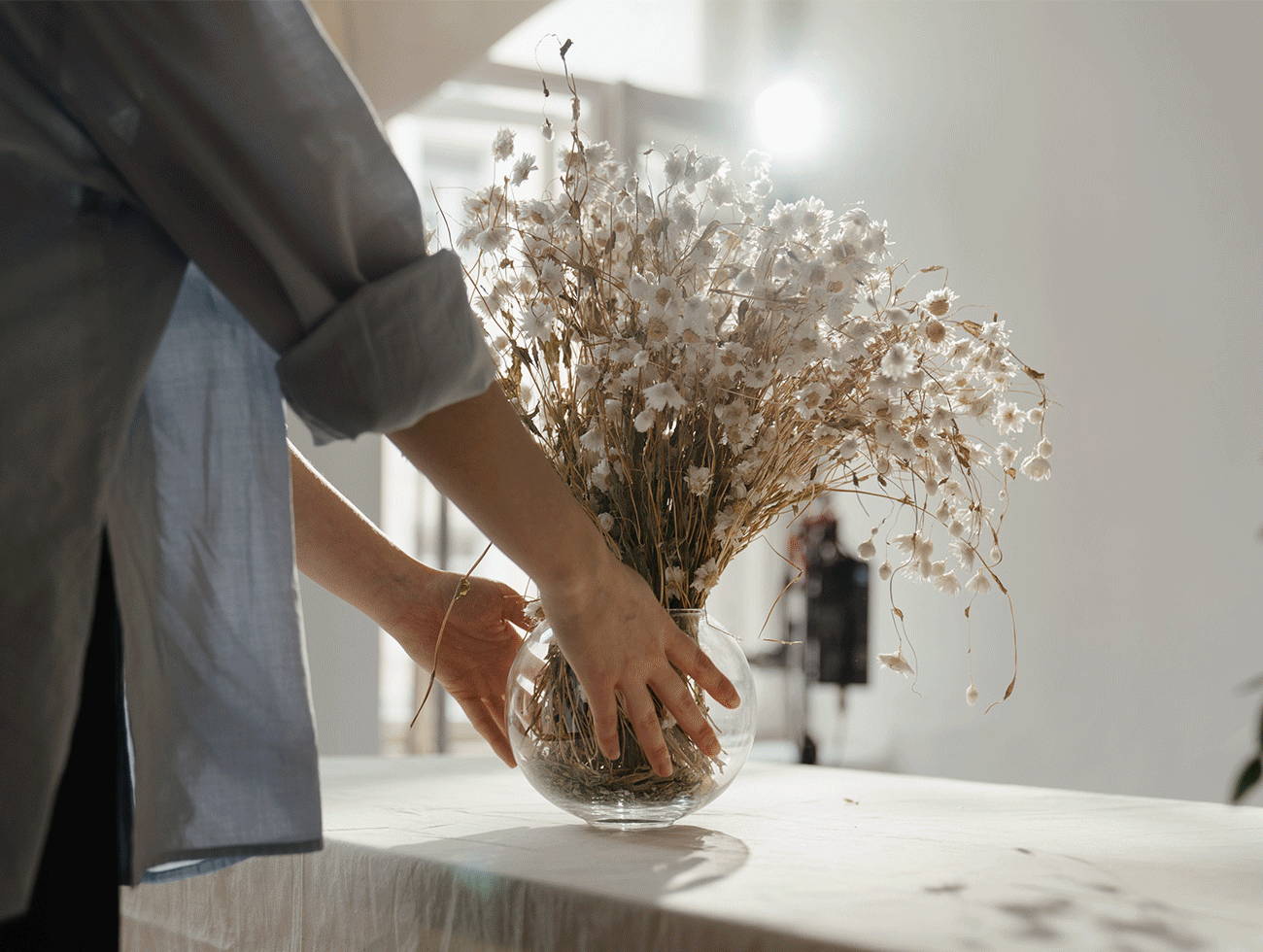
Why buy organic?
Organic flowers and plants are free of harmful pesticides, may produce fruit, and can grow back every year if you purchase a perennial! However, truly organic plants are hard to come by, especially in your local area, so buying organic may mean increasing the plant’s carbon footprint.
Why buy local?
Supporting your local flower shops helps your local economy thrive! However, many local florists do not sell locally-sourced flowers, so a heavy carbon footprint and pesticides may be attached to the flowers you purchase.
Why buy fair trade?
Fair trade floriculture is great for the workers who grow and cut plants. They receive fair wages and a safe work environment, along with other environmental and social benefits. The downside? Fair trade often involves international trade, which again means your flowers may be carrying a heavy carbon footprint.
Why buy silk?
Silk, or faux, flowers can be reused for years! They are gorgeous, do not require water, and their carbon footprint is minimal. However, faux flowers are not biodegradable or plastic-free. And many people don’t reuse these flowers, which can create more waste!

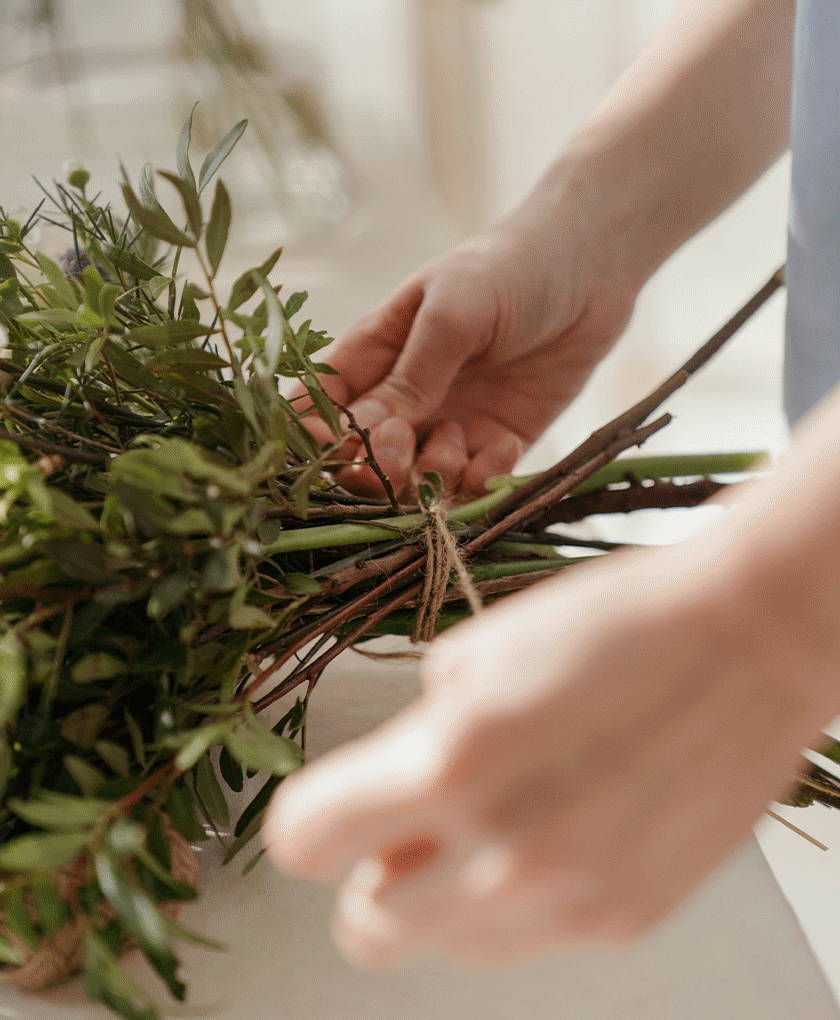

Picture by Cottonbro
Start buying flowers sustainably!
The ultimate challenge in today’s floral industry is whether florists can opt for sustainability in the face of demand and still make a living. Although many floriculturists and florists have opted for convenience in the past, times are changing. Flower shops are not inherently bad; they help us connect with nature and each other in a special way.
If you’re looking to shop for flowers sustainably, start by visiting your local flower shops or sanctuaries and ask for locally-sourced, organic flowers. These plants may be hard to come by, but it’s always great to start local – and your florist may be able to connect you with other flower shops that can meet your needs. You can also opt for silk flowers and reuse them for years to come!





